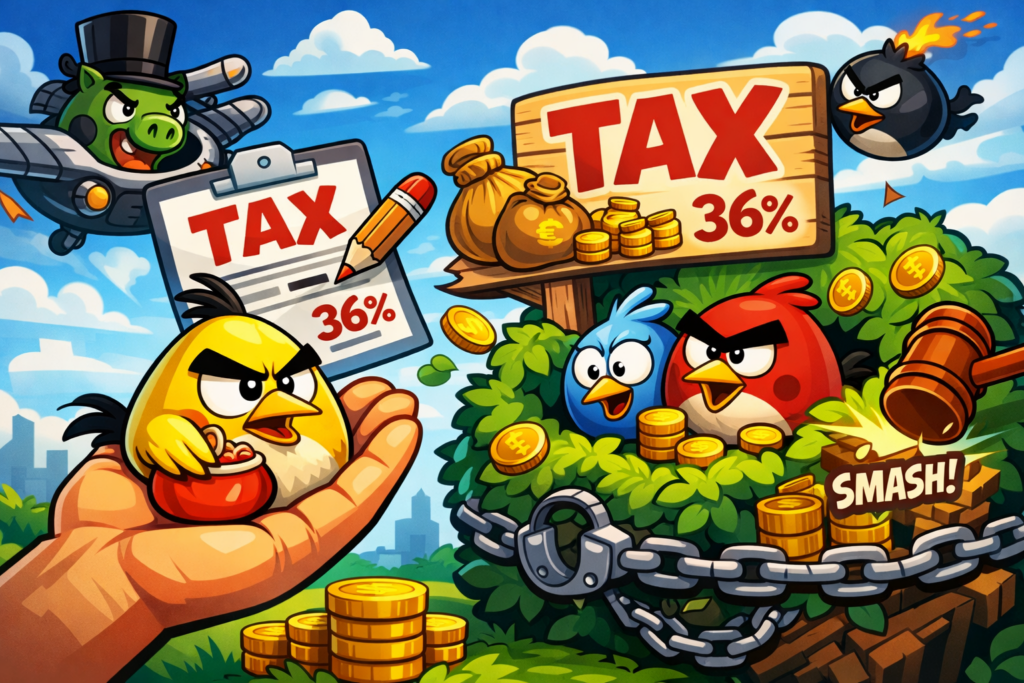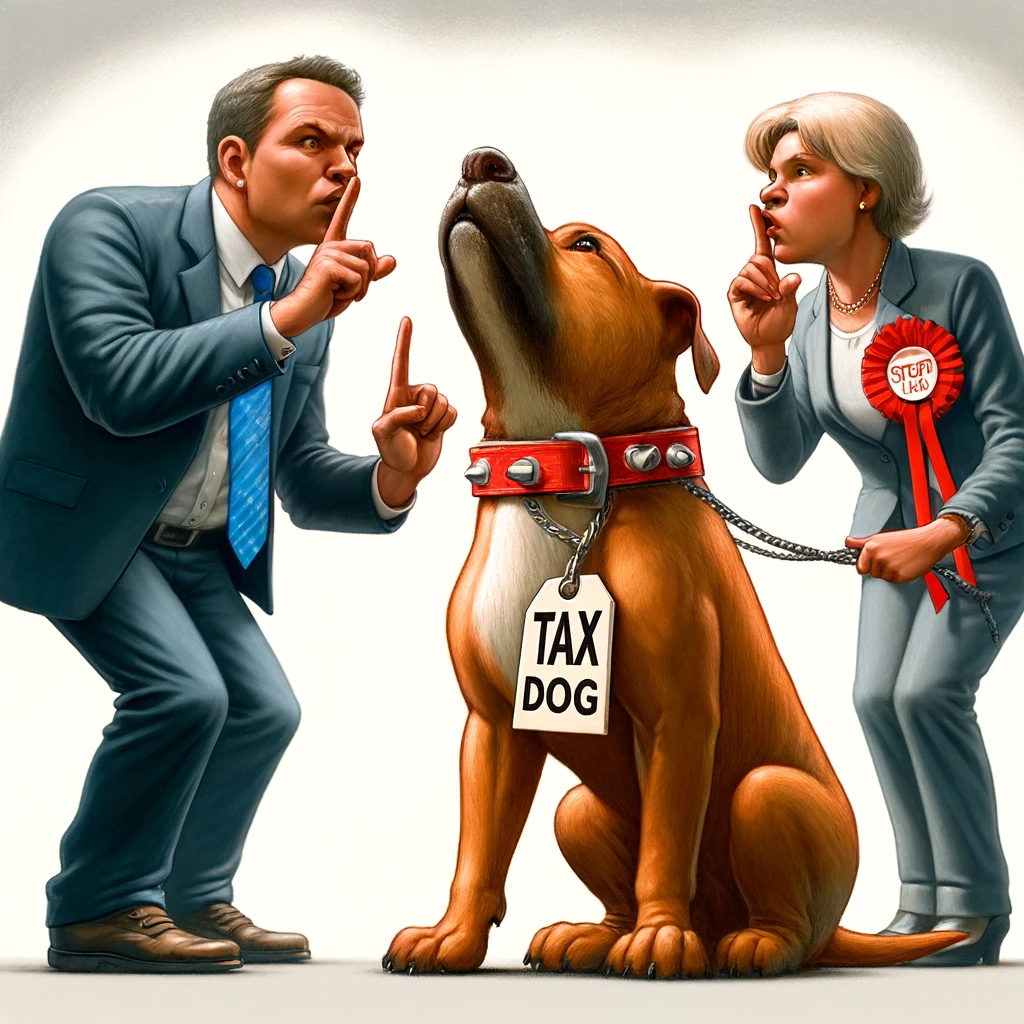
(TAXING) THE BIRD IN THE HAND… AND THE TWO IN THE BUSH?
Read more
June 1, 2024 | 4 min read
Author: Andy Wood

The closer that we get to polling day in the UK, the more clamorous the voices from the hustings become.
Yet for all the efforts to coax and cajole voters, it is impossible to escape the idea that electioneering is a sleight of hand.
Parties with realistic hopes of forming the next government want to give the impression of being open to all but the craziest policies (ok, some of them actually do appear to be batsh@t flavoured too) without making any firm promises.
That is particularly true when it comes to the issues which they know are likely to be most divisive.
This ‘safety first’ approach may well be sufficient for Keir Starmer to be labelled as “boring” .
However, I reckon that there is another, more cynical reason why detail about respective economic policies is thin on the ground.
A warning by the Institute for Fiscal Studies (IFS) that the UK’s “parlous fiscal position will hang over the campaign like a dark cloud” might reasonably have prompted some bold thinking about how to improve matters.
Both Labour and the Conservatives know full well that the substance of the country’s finances is already baked into shape for the next few years to come.
It is due to something known technically as ‘fiscal drag’.
Instead of raising tax thresholds in line with inflation – a practice known as ‘uprating – they remain unchanged.
This, of course, generates extra receipts for HMRC in a passive fashion as, for instance, wages, prices or property values increase.
As a result, people find themselves paying more tax by default while those nice but knowing politicians remain mute in order to avoid antagonising the very people whose support they count on to gain or cling to power.
A freezing of tax allowances and thresholds by Rishi Sunak in March 2021 before he made the short move from 11 Downing Street to take up the post of Prime Minister (a move extended by Jeremy Hunt 12 months later) means that the Revenue will recoup an extra £44.6 billion in tax by the end of the next parliament.
Mr Sunak later described the move as “progressive” .
Others, like The Times, have instead referred to it as “stealth“.
According to the Office for Budget Responsibility (OBR), it will mean the tax burden – that is, the proportion of taxes as a proportion of Gross Domestic Product (GDP) – reaching its highest level since 1948.
The latest data published by HMRC shows that it claimed £75.4 billion across all types of taxation during April – up £4.2 billion on the same month in 2023.
By far, the largest proportion of that amount (£44.2 billion) came in the form of Income Tax, and National Insurance.
Even though receipts of VAT were slightly down compared to 2023, rates have stayed the same since January 2011 and are likely to continue to be a valuable contribution to the UK’s coffers in the years to come.
The current threshold for Inheritance Tax (IHT) has remained unmoved for even longer, having last changed in 2009.
Even though it could not be described as one of the ‘heavy-lifting’ taxes, it still delivered close to £7.5 billion for HMRC in the last year – up 40 per cent since 2019, a rise principally accounted for by a rise in property values.
Against such a backdrop, it simply doesn’t pay for politicians of any persuasion to tinker too much.
The only motivation for dramatic change will be ideology and there will be a price to be paid for such proposals, both short-term at the polls and, in the future, in Treasury income.
With an election to win, the message is clear: steady and stealthy as she goes.
…and someone, please shut that dog up.